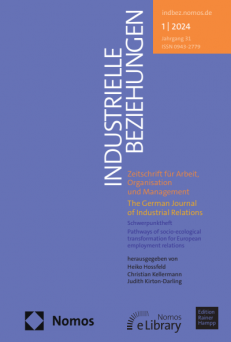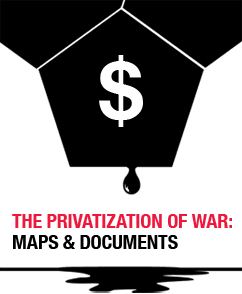Sustainable work and industrial relations in Europe

Azzellini, Dario; Brandl, Sebastian; Matuschek, Ingo. “Sustainable work and industrial relations in Europe.” Industrielle Beziehungen. 31:1. 85-107.
The socio-ecological transformation is a key issue on the political agenda of the EU and its member states, as seen in the Green Deal. However, despite joint declarations, there are differences in the national transition paths. The UNDP Development Report 2015 calls for a transition to sustainable work, defined as work that promotes human development and reduces or eliminates negative impacts for both present and future generations. The approaches deal in different ways with elements of industrial relations as systemic orientations or ideologies that are more or less shared nationally by the specific actors (politics, business, trade unions and civil society).
This article examines the extent to which there is a normative consensus in the member states on the ideas and objectives of a Green Deal or sustainable work as well as how industrial relations are addressed. The analysis is based on various literature reviews on sustainable work, socio-ecological transformation and just transition. The perspective is contextualised by industrial relations theories, which assess the inclusion of the topos of sustainable work in the Green Deal and whether it goes beyond it. To this end, the article presents different development paths preferred by actors from specific country clusters, and concludes by discussing the embedding of civil society movements in industrial relations. The result is that trade unions and civil society actors in particular must shape the content of a just transition and ensure its implementation.
Links zu diesem Artikel:























